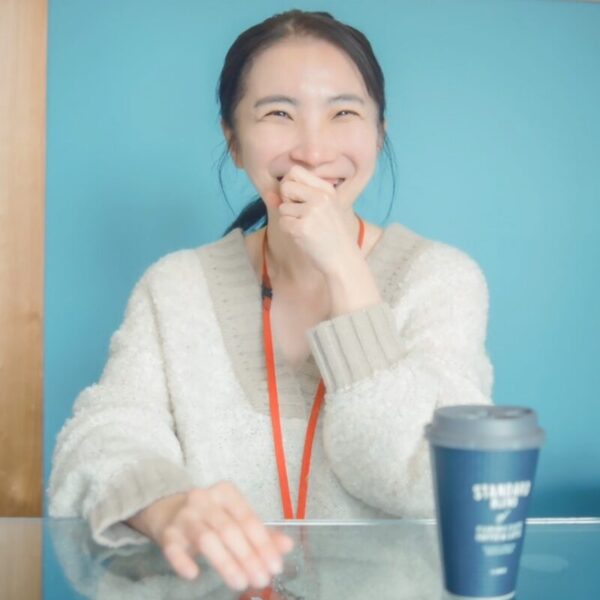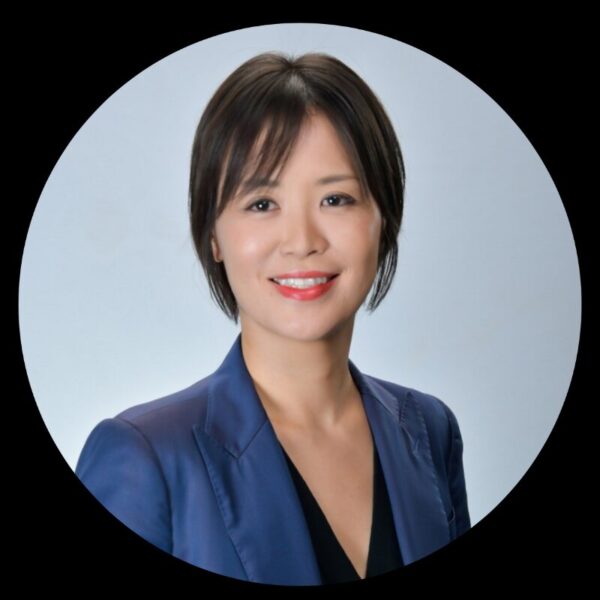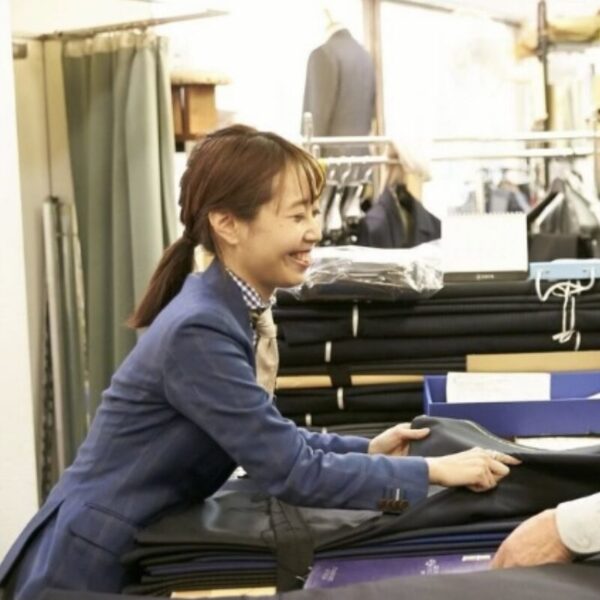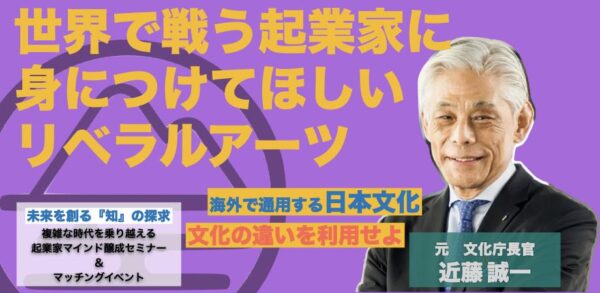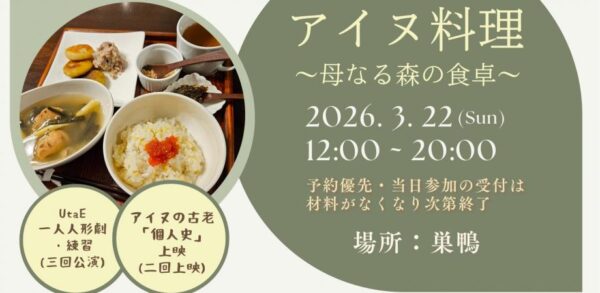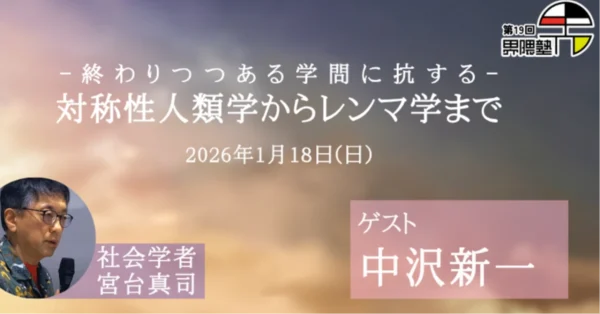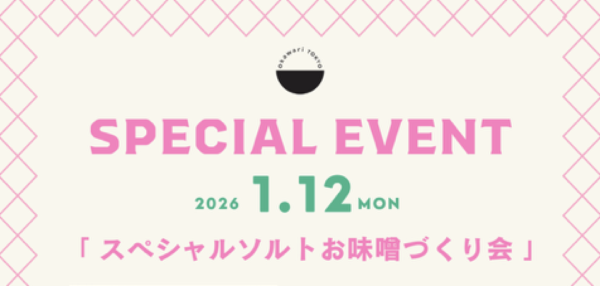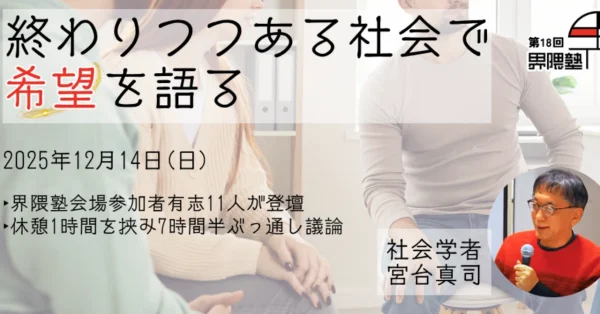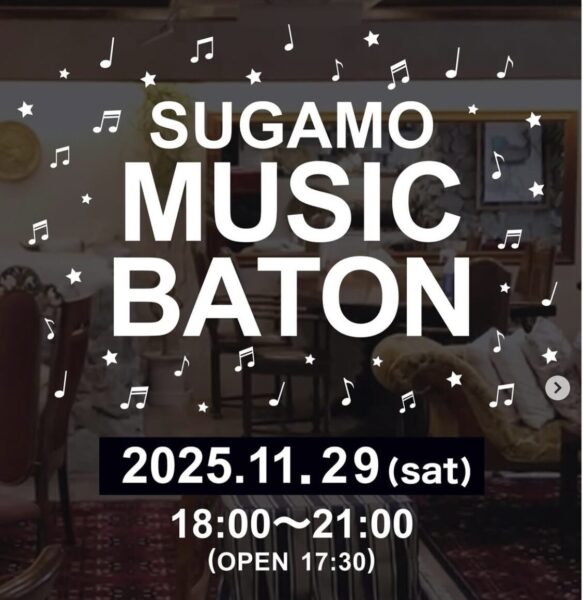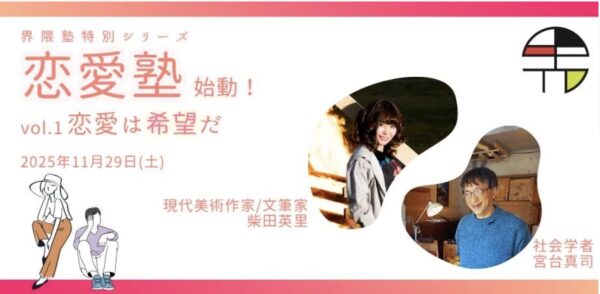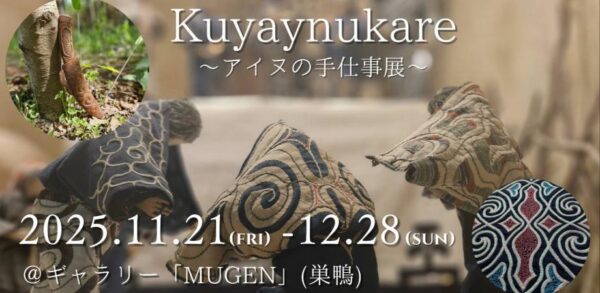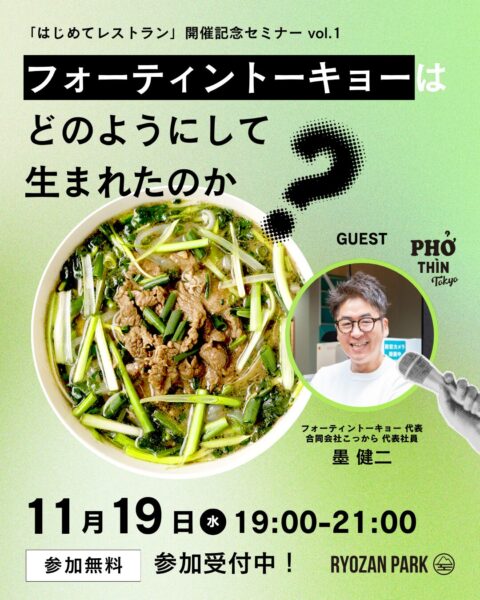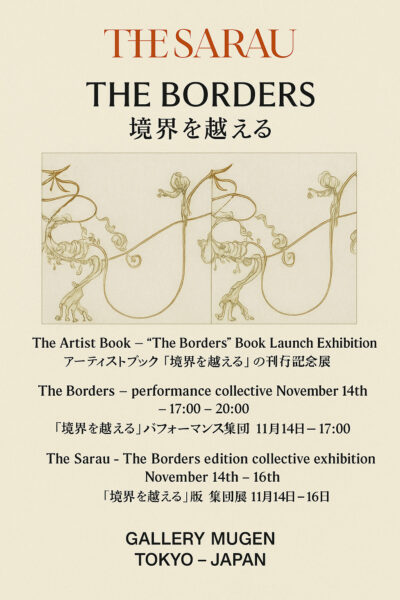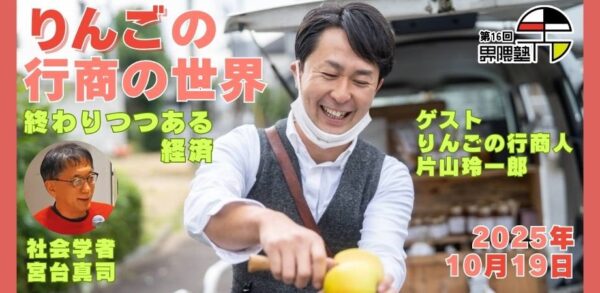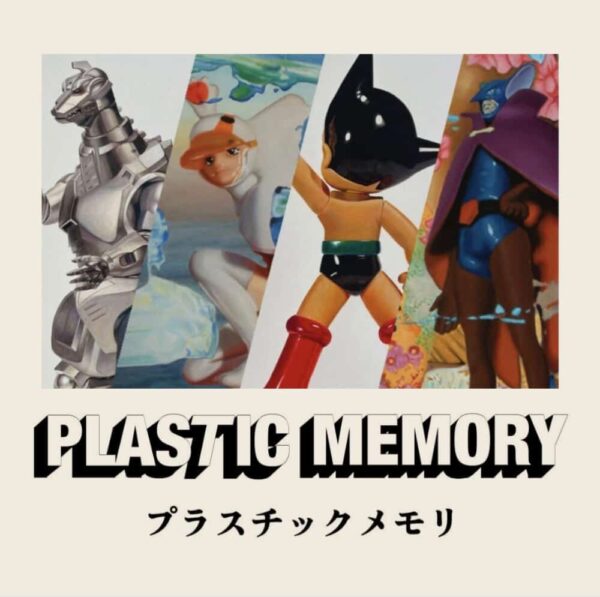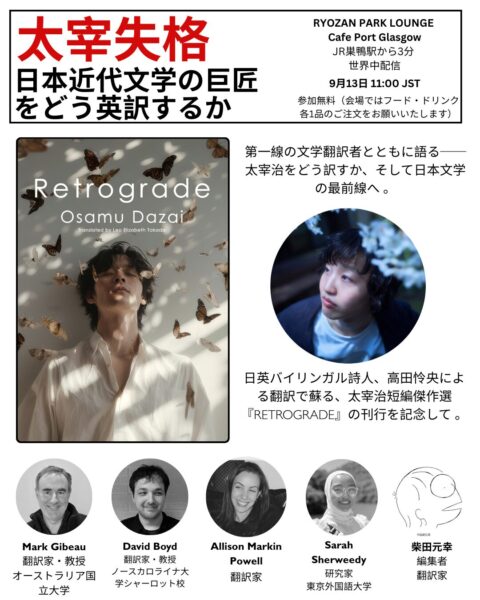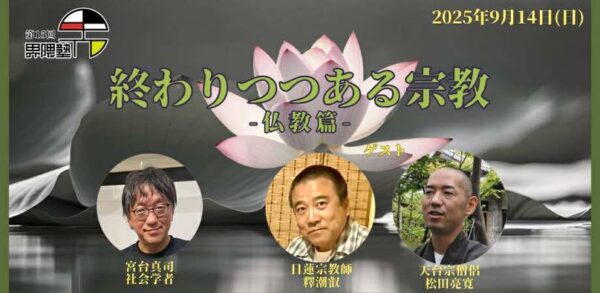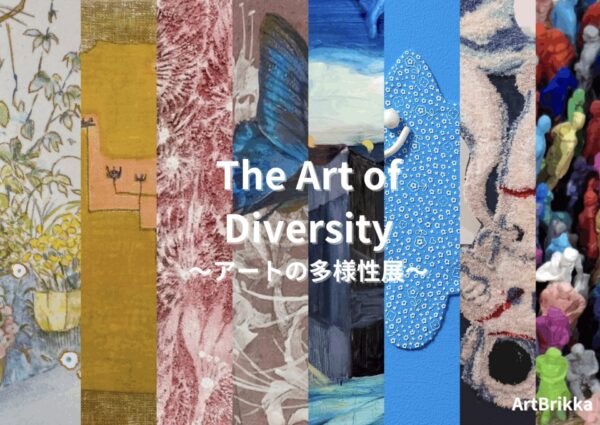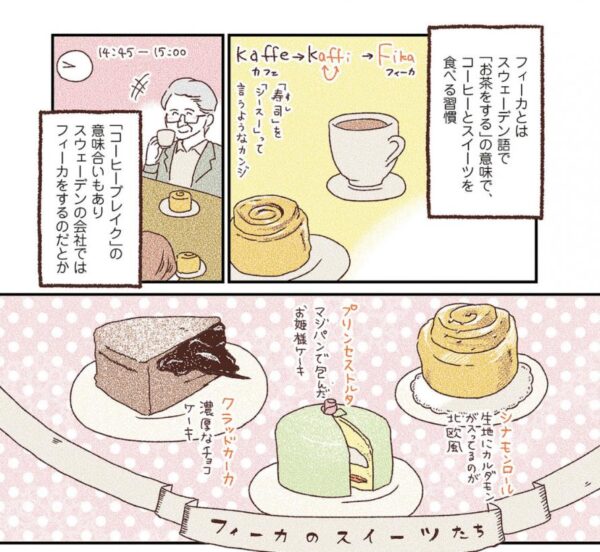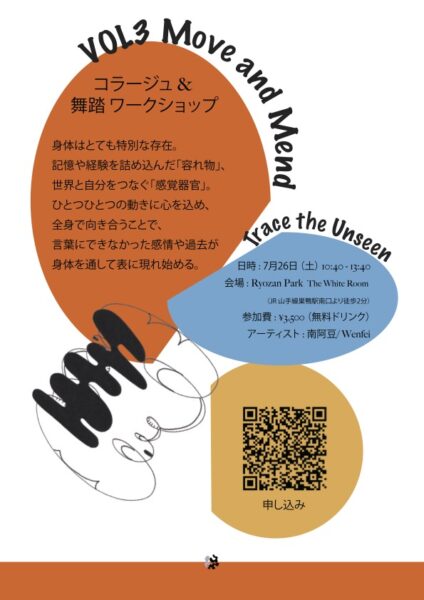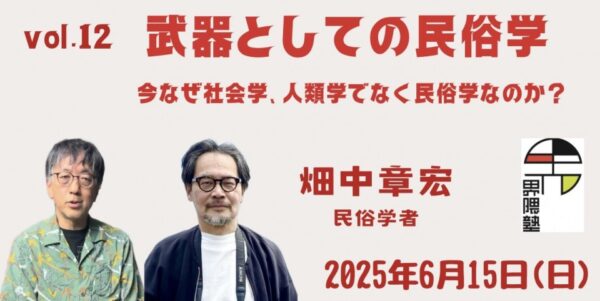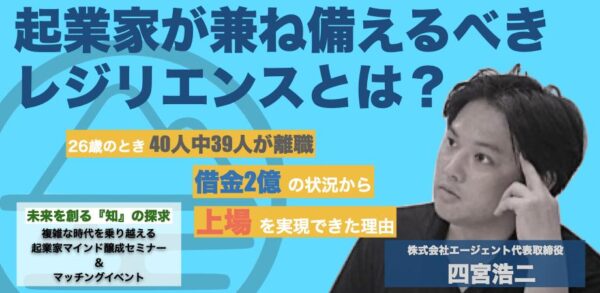竹沢 徳剛さん
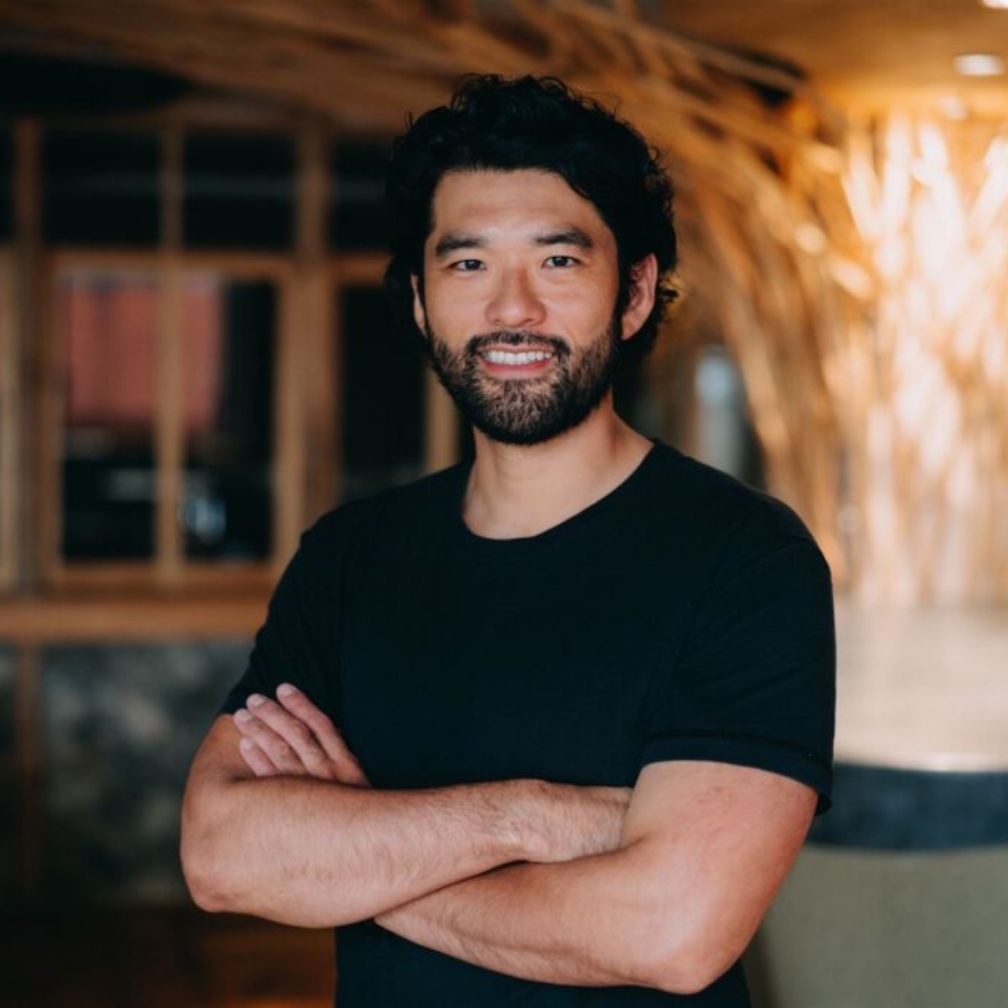
Noritaka Takezawa:After my master’s at AU in Washington DC, I was working as a journalist for a newspaper catering to Japanese residents in the United States when the Great East Japan Earthquake happened.
Seeing the conditions at home, I felt compelled to return to Japan to create a new community. In 2012, my family and I opened “RYOZANPARK Sugamo,” a shared house and office. Then, in 2014, in response to Toshima City being designated a “city at risk of extinction,” we launched “RYOZANPARK Otsuka,” a shared office with an attached daycare center.
Over the years, we have added a gallery, cafe and event spaces, engaging local residents and actively working to build a “village” within Tokyo across the Sugamo and Otsuka areas. My hobbies include weight training and Yamabushi (mountain priest) ascetic practices.
1981年豊島区生まれ 米国で在米邦人向け新聞の記者として勤務中、東日本大震災を目の当たりし、一人では何もできない無力さを痛感した。
今こそ「新しい共同体」を作る必要性を感じ帰国。2012年シェアハウス・シェアオフィス「RYOZANPARK巣鴨」開設。 2014年豊島区が「消滅可能性都市」とされたことで託児所付きシェアオフィス 「RYOZANPARK大塚」を開設。ギャラリー、カフェなども付随させ、近隣住民などを巻き込みながら巣鴨・大塚エリアで東京の「村づくり」を実践している。 中央大学法学部、ワシントンD.C.アメリカン大学大学院卒業。2019年在日英国商工会議所起業家賞受賞。趣味は筋トレ、山伏修行。
私の“こころざし”
Globalization and technological advancement have fragmented the middle class in Japan, deepening poverty and social isolation. As traditional communities—based on family, neighborhood, and workplace ties—have weakened, individuals are increasingly left vulnerable.
I see this weakening of human connection as one of the most critical issues facing our society today. I believe we must create small, face-to-face communities that rebuild trust and help reinforce both individual well-being and democratic society. At our company, we operate 39 shared housing units in Tokyo’s Toshima Ward.
These spaces have fostered organic human connections, resulting in 20 marriages and over 30 children. In 2014, when the lack of childcare became a national concern, we collaborated with residents and neighbors to open Kosodate Village—a coworking space with on-site childcare—so that parenting and work could coexist. Since then, we’ve expanded our efforts to include spaces for art, music, culinary activities, and even a modern tea room.
These places serve as cultural hubs that foster dialogue and inclusion across generations and backgrounds—including elderly residents, immigrants, LGBTQ+ youth, and single mothers. During the pandemic, many residents told us, “Living here is what helped me survive the loneliness.” These words remind me of the power that community has to support the individual. Today, I want to go further: to explore what a “new kind of family” might look like—beyond the limitations of the nuclear family—and to propose models of living that nurture care, connection, and sustainability.
By weaving together small, interconnected communities, I believe we can revive democracy from the ground up. My goal is to share and expand these practices beyond Tokyo, contributing to a society where no one is left isolated or unsupported.
グローバル化とテクノロジーの進展により、中間層が分解し、個人の孤立と貧困が進んでいます。地域や家族のつながりが希薄になるなか、私はこの“個の脆弱化”こそが現代社会の最も深刻な課題だと考えています。民主主義の基盤をも揺るがしかねないこの状況に対し、顔の見える小さな共同体を生み出し、再び人と人の信頼を育むことが必要だと強く感じています。
私たちは豊島区で39室のシェアハウスを運営し、そこで20組の夫婦と30人以上の子どもたちが生まれました。さらに2014年には、住民たちと共に保育機能付きコワーキングスペース「こそだてビレッジ」を立ち上げ、育児と仕事の両立を支援しています。現在では、アート、音楽、食、茶の湯など、文化的活動ができる空間も次々に誕生し、地域に根ざした複数の“居場所”が育っています。
このような実践が、地域の高齢者や移民、LGBTQ+の若者、シングルマザーなど、多様な人々の交流と共助の連鎖を生み出しています。コロナ禍では「ここに住んでいたから孤独を乗り越えられた」と多くの声があり、コミュニティが人を支える力を実感しました。
「核家族の限界」を越え、新しい“家族のかたち”を模索すること。そして、小さな共同体のつながりから民主主義を再構築すること。これが私の志です。今後は全国各地にこの取り組みを広げ、誰もが孤立しない社会の実現に貢献していきたいと考えています。

